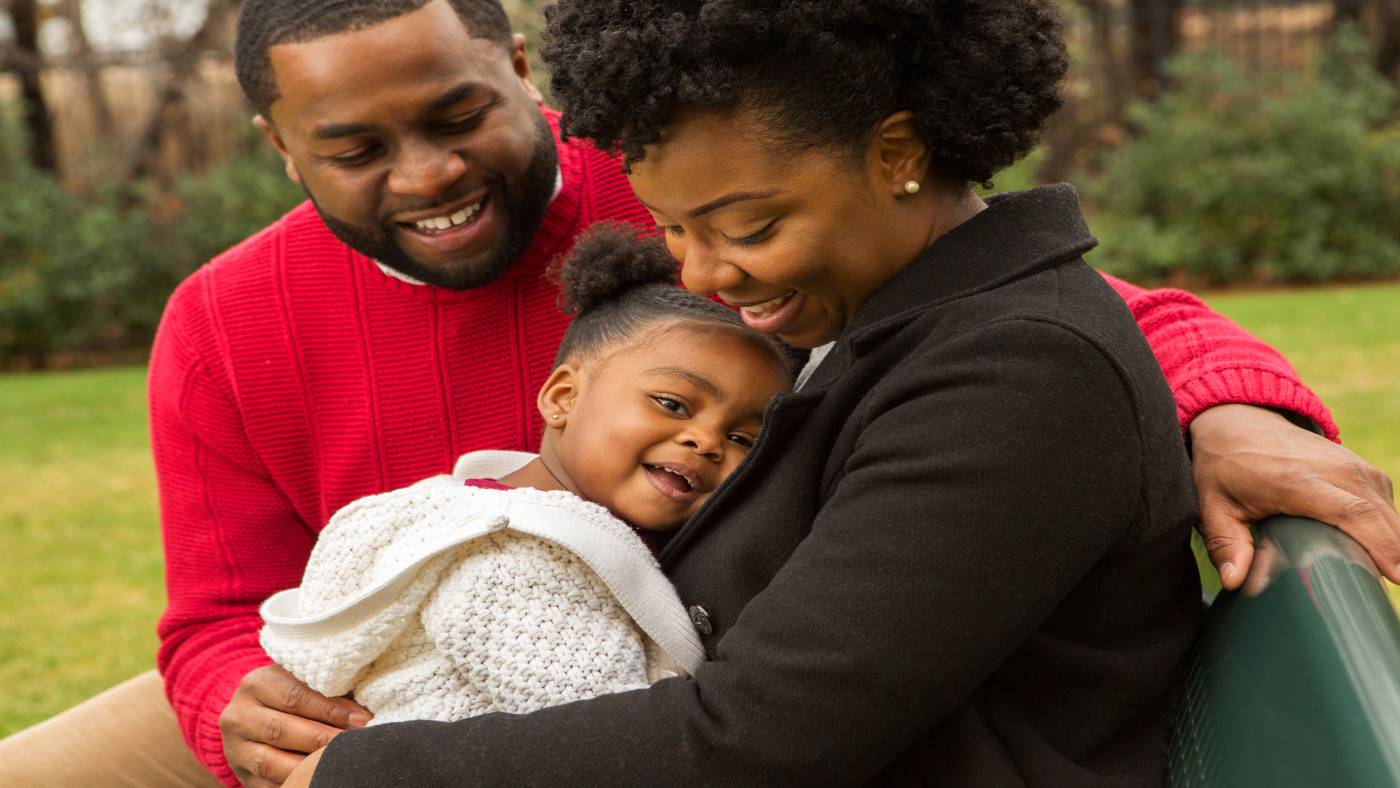One simple way to help your baby build a healthy relationship with their feelings

Your baby might be getting more curious about other people’s emotions, and watch closely when others react with feeling. They are developing an understanding that not everyone is experiencing the same feelings as them. But how can you help your baby build a healthy understanding of emotions as they grow?
The good news is that one of the most important ways to help your child think about feelings in a healthy way as they grow is incredibly simple to do.
Talk to your baby about the emotions they are seeing around them.
This idea of tuning in to what your baby is noticing and talking through thoughts or feelings is often called ‘mind-minded talk’.
This simply means paying attention to your baby’s mood or focus then describing how they (or people around your baby) might be feeling, what they might be thinking, and pointing out the ways this can be spotted.
You can do this at home, or when you’re out, by talking through your own thoughts and feelings simply and clearly. Try saying something like, “I am so happy, I can’t stop smiling. I think about how much I liked that big hug and I feel happy.”
If your baby is watching someone closely, take a moment to see what kind of feelings that person might be expressing and then describe those. This will help them link meaning to what they are seeing, and over time will support the vocabulary they have around emotions.
Don’t try to avoid sharing negative emotions – letting your baby know how you feel in a genuine but gentle way is important. Your baby needs to be able to feel and understand a whole range of emotions as they grow older.
If you are having a bad day, or something has made you upset, it can be more confusing for your baby when you try to hide your feelings.
Babies are experts at reading body language, so if you are smiling and telling them you feel happy while your body language says something else your baby may find it difficult to know how to react.
Try to build up their understanding of all feelings by acknowledging when things just aren’t right too, perhaps saying something like, “I started crying because I feel very sad today. It’s been a busy morning and I’m very tired, which made me sad when things went wrong. I think a cuddle and a drink of water will help me to feel better.”
Speaking up when we feel sad, overwhelmed or angry is a powerful way to get support and reset our emotions, even as adults. By showing your baby these skills in action from a young age they are more likely to be confident to do the same thing when they need a bit of help in the future.